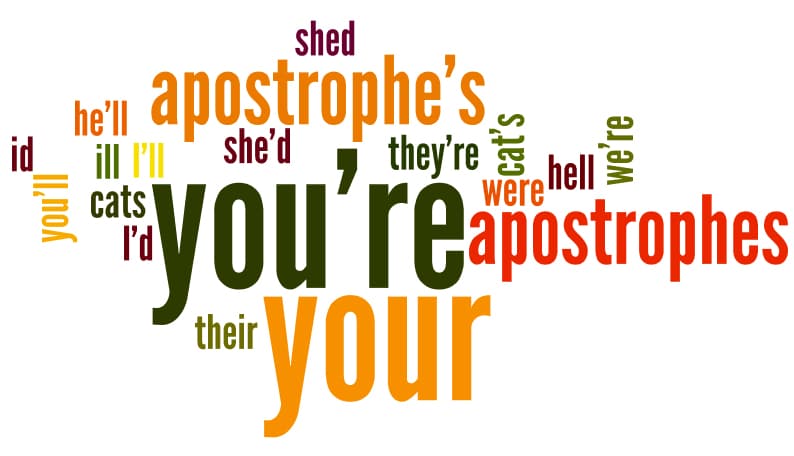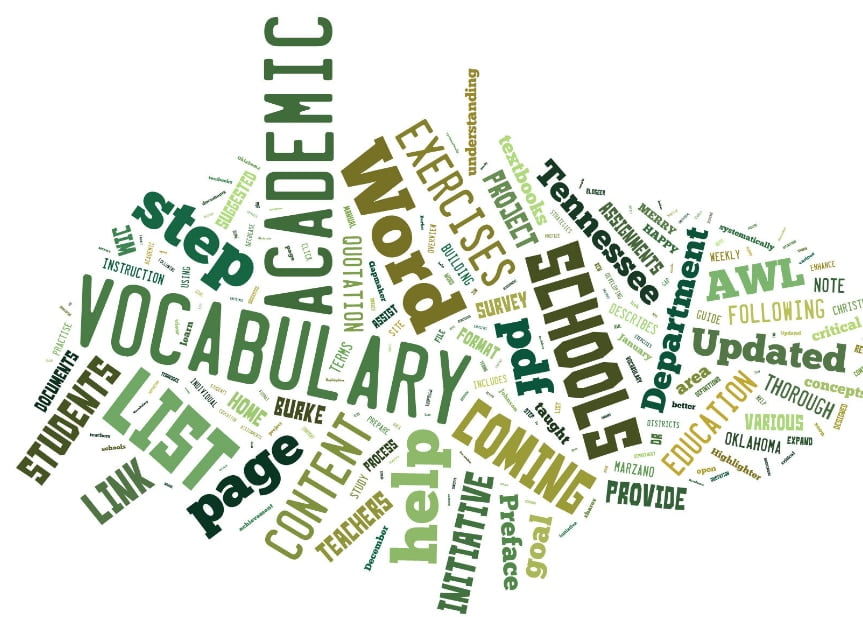Ways to remove irrelevant wording
Imprecise Phraseology
It’s perfectly fine to babble when writing your first draft, as long as you have the sense to cut out irrelevancies later. When crafting a piece of work, it’s easy for imprecise phraseology and long-winded explanations to creep in as you put down your thoughts. Consequently, one of the most important things you can do to improve your academic writing is to read through your piece once it is completed. Be sure to remove irrelevant wording and specifically search for unclear, unnecessary, or excessively lengthy phrases and sentences.
Academic writing does not necessarily need gentle introductory sentences. You can cut straight to the chase by stating your key fact immediately before discussing it. Be brutal about deleting comments. Here are two examples: 1) ‘The research showed up some interesting results’. 2) ‘Through the course of the research we found evidence to both support and undermine the premise’. These add nothing of any importance and use up valuable words.
Reduce your Word Count
Additionally, it is helpful to see if you can reduce your word count by tightening up your sentence structure. Instead of: ‘The evidence which has been presented above shows that the hypothesis which was advanced at the beginning of the study has been proved’ try: ‘The results of this study prove the hypothesis posited.’ Cut out parentheses which interfere with meaning. Also don’t be afraid to use short, clear sentences where they convey meaning as adequately as something more convoluted. So… keep your text precise and remove any irrelevant wording!
Focus on Essential Content
One of the best ways to engage readers is to keep content relevant. Aim to convey your message clearly, without unnecessary details that might distract from the main point. Think about each sentence: does it add value to your argument? If not, consider rephrasing it or removing it entirely.
By removing extra words and phrases, you allow key points to stand out, making your writing easier and more enjoyable to read. Each word should have a purpose – to clarify, add depth, or reinforce your main ideas. This approach doesn’t just make your writing more concise but also enhances its professionalism and effectiveness. Remember, the goal is quality over quantity; less really can be more.
Before finalising your work, review each section with a fresh perspective, asking yourself whether every sentence directly contributes to the reader’s understanding or experience. If you find sections that could be removed without losing clarity or impact, you’ve likely identified areas where you can simplify.
Avoid Repetition
Repeated words, phrases, or ideas can make your writing feel cluttered and may cause readers to lose interest. When you review your text, check that each point or idea is only expressed once. If you find similar sentences or phrases, merge them into a single, stronger statement. For example, instead of saying, “The results of the study demonstrate and show the outcome,” simply state, “The study results demonstrate the outcome.”
This not only makes your writing clearer but also gives it a polished, professional feel. Cutting repetition also keeps the reader focused and engaged, as they won’t have to read the same ideas over again. Try reading your work out loud – sometimes, hearing the text can help you identify repetitive phrases or ideas that may not stand out when reading silently.
Additionally, avoid using filler words like “very,” “really,” or “actually,” as they often add little meaning. For instance, instead of “This is a very important point,” you could simply say, “This point is important.” These small changes tighten up your language, ensuring every word counts.
Do you feel like you are writing too much jargon? Do you need help with removing irrelevant wording? Our team at Proofers is here to help! We offer expert proofreading and editing services tailored to your specific needs, ensuring that your writing is polished, professional, and clear. Whether you’re working on an academic paper, business document, or any other written content, we’ll help refine your language and improve the overall quality of your work.
Contact our editing team today by visiting our website or giving us a call and see how we can help!
Additional Resources
For more insights into other grammar topics, check out these additional resources::
-
- BBC Learning English – Improve Your Writing
The BBC Learning English site provides useful lessons and resources to help you write clearly and effectively, reducing irrelevant wording and improving readability
- Readable.com
Readable is a great tool that provides readability scoring, helping you determine whether your text is clear and concise enough for your audience
- If you’re looking to further enhance your writing by diversifying your vocabulary, especially avoiding overused phrases like ‘as well as,’ check out our guide on synonyms for ‘as well as’. Expanding your synonym range can help improve clarity and readability in your writing.






